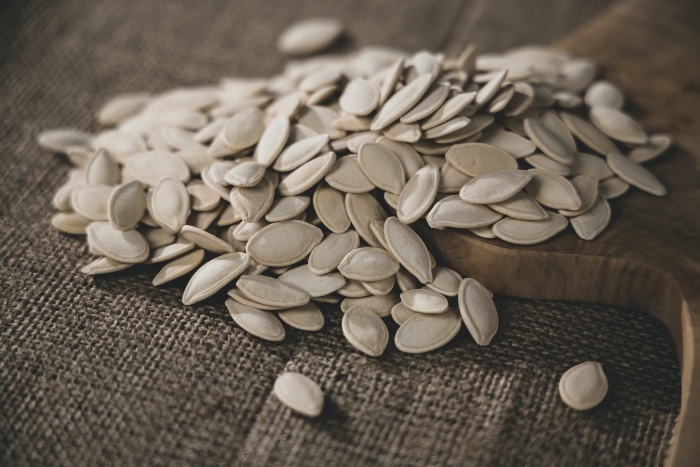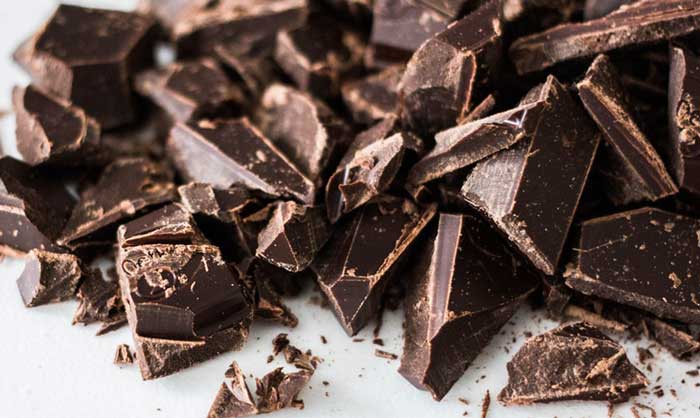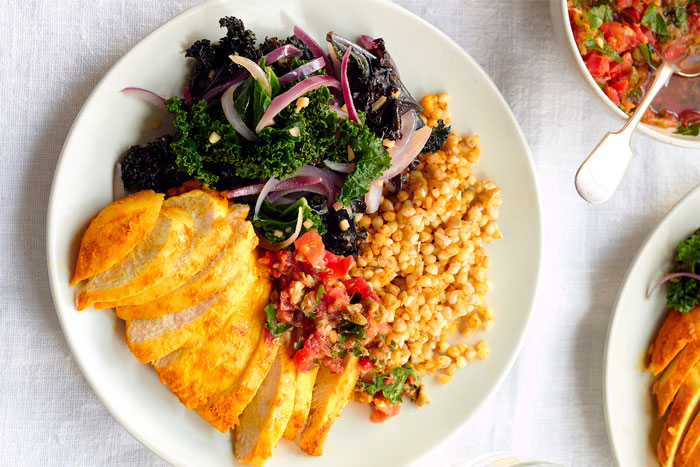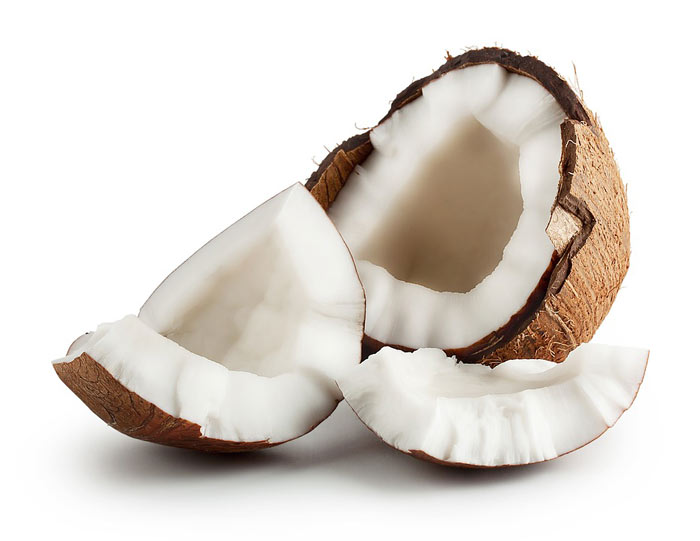For a long time, zinc was considered a minor trace element, and only recently has its role in vital body processes become apparent, as well as the fact that zinc deficiency is very common among city dwellers. What is important to know about its influence on the human body and which foods are rich in zinc?

What makes zinc essential?
First of all, zinc is essential for normalizing cellular metabolism: it activates antioxidants, protecting cellular structures from damage by free oxygen species. It is this trace element that allows cellular structures, such as mitochondria, to continuously supply energy to the body. It is no coincidence that one of the first symptoms of zinc deficiency is decreased physical endurance.
Zinc is part of the enzyme complexes that are necessary for:
- Protein synthesis.
- Renewal of skin cells and regulation of sebum production (this prevents inflammation of the skin and its dryness).
- Absorption of vitamins A, D and E.
- Synthesis of white blood cells – cells of the immune system, which are among the first to respond to the invasion of the body by foreign agents. Zinc deficiency is often associated with the frequency of colds.
Normally, we should get about 10-20 mg of zinc daily. It is important to note that you can’t detect its deficiency immediately. The body can store it in the skin, liver and kidneys in the amount of 2 to 3 grams.
However, it is very easy to get zinc in the food we eat. A record-breaker in its content is oysters. But it is true, that you will hardly ever be able to eat oysters, because it is not easy to find good quality products, and they are rather expensive. In addition, they are seasonal products. See below for more readily available sources of zinc.
Sesame and pumpkin seeds (7.4-7.7 mg of zinc in 100 g)

Quite a lot of zinc is found not only in seeds, but also in pumpkin and sesame oils. Note that these products are high in fat, albeit healthy, so observe moderation in their consumption. Use pumpkin and sesame seeds as an addition to a salad, soup, or yogurt. Add oils to already cooked dishes so that you maximize their benefits.
Beef (7 mg of zinc in 100 grams)
Red meat really is full of various micronutrients, which are especially important for women’s health, for example, iron. In fact, a portion of red meat will provide you with the daily norm of zinc, so, eating beef several times a week is quite acceptable: bake it in the oven, boil or stew.
Cocoa powder (6.4 mg of zinc in 100 grams)

This is a perfect food for a good health. It is important that the content of cocoa beans in the powder be at least 75%. The ideal health drink can be made from vegetable milk (e.g. almond or coconut milk) instead of cow’s milk.
Beef tongue (4.8 mg of zinc in 100 g)
Subproducts in a healthy diet are indispensable foods. Beef tongue is one of them. It’s easy to prepare and great for breakfast combos, lunch salads, or healthy snacks.
Turkey meat (4 mg of zinc in 100 g)

It’s not the white turkey meat that contains more beneficial vitamins and micronutrients, but its red meat. When it comes to zinc, turkey legs are the most useful: they are ideal for baking or preparing casseroles.
Chicken eggs (3 mg of zinc in 100 g)
Large amounts of zinc are found in egg yolk, especially if we are talking about country eggs. In terms of quantity, 1-2 eggs a day can be consumed without harming your health.
Coconut (2 mg of zinc in 100g)

Coconut milk is used to make soups; it is often used in baked goods or as an additive to coffee. In addition, coconut cream goes well with fruits and berries. Please note that coconut products are quite calorie-dense, so be moderate in your consumption.
So, make sure you regularly eat some of these foods rich in zinc to boost your immune system.











